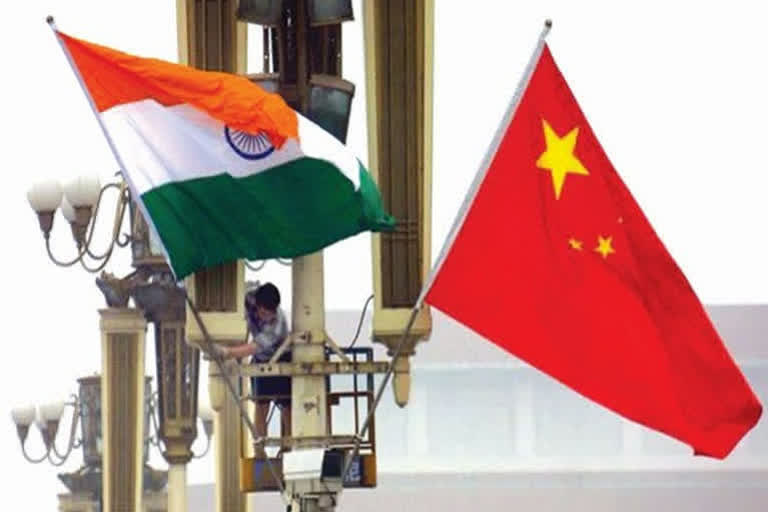New Delhi:Famously known as 'Rajni' for his unique accent and 'Jingle' for his jovial nature among his classmates and friends, Colonel Santosh Babu remained in the frontline and was mortally wounded in the attempts to ensure withdrawal of Chinese troops from the Indian soil on June 15.
He finally succumbed to his injuries, along with 19 other brave soldiers who fought against the Chinese intrusion in the icy heights of Galwan Valley in Eastern Ladakh.
Since then, there has been a strong build-up against the Chinese goods in the country and unlike a trade war where barbs are exchanged over taxes and custom duties (like the US-China trade war and Huawei being sandwiched in between), India is currently witnessing a border situation amid rising public sentiment to avenge the brutal killing of 20 soldiers.
The volatile situation puts a great onus on the Indian CEOs who represent firms which are headquartered in China and have invested in the country, along with those who have Chinese investments in their Indian firms.
The time tells them to observe utmost silence, show solidarity and stay focused on their work and keep a low profile on social media which is a brutal boxing arena in its own way, along with traditional media outlets.
According to experts, making insensitive or disrespectful comments at this juncture that stir up consumer sentiment would only boomerang, harming them more in the long run.
"Indian CEOs who work in companies that have their headquarters in China or those who work in companies heavily invested in by Chinese conglomerates should desist from making derogatory and insensitive comments and keep their control," Virag Gupta, a lawyer who is arguing the case in Supreme Court for data localisation in India, told IANS.
Read more:CAIT slams Xiaomi's Manu Jain for 'insensitive, disrespectful' comments
